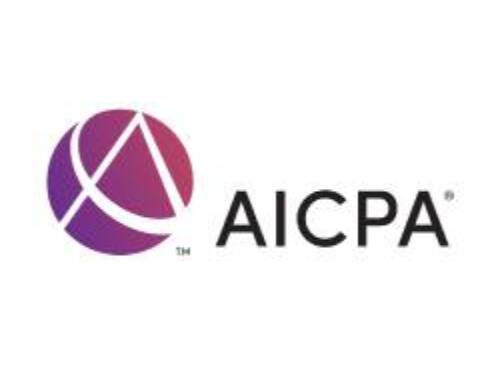It is SCACPA’s goal to provide outstanding service and content to support your professional growth. We wanted to offer clarification regarding some information that was provided during the Scholarship Recognition Luncheon. The South Carolina Research Authority provided a handout describing the Industry Partnership Fund (IPF), which the SCRA uses to fund technology-related grants and investments.
Contributions to the IPF made by individuals or companies would provide 100% credit against South Carolina State taxes (up to $250,000 per year). The clarification we offer concerns the comment regarding a deduction against federal income taxes as a business expense.
Some parts of federal tax law are not written as absolute rules – they depend on a taxpayer’s circumstance, resulting in “gray areas.”
South Carolina Senate Bill 627 is intended to allow owners of a pass-through entity to avoid the $10,000 annual limit on an individual’s state and local income tax deduction in their individual income tax return. Allowing pass-through entities income to be taxed at the entity level for state taxes reduces the owner’s federal taxable income by the amount of state tax expense.
Whether or not a South Carolina business can treat a contribution to IPF as satisfying its state income tax obligation is a matter of state law. Clearly, it can, and that expense reduces the owner’s federal taxable income from the pass-through entity.
The SCRA handout indicates that in contributing to the IPF, “Contributions made by you and/or your company would provide a 100% credit against South Carolina state taxes, up to $250,000 per year. In addition, depending upon your company’s facts and circumstances, you may be entitled to a deduction against your federal income taxes as a business expense.”
The notion that the taxpayer might get a double benefit, pay the state income tax AND get a deduction for that amount as a ‘business expense’ is not reasonable. Where the business is not a pass-through entity, it pays its tax or makes the contribution in lieu of tax.
A payment in excess of the amount to offset the state tax liability could be deductible in a couple of circumstances:
- First, for a taxpayer who could show his principal purpose for making the payment was to build brand awareness, institutional goodwill, etc.
- Second, the payment might be deductible as a charitable contribution if IPF is fulfilling a government function.
We hope this helps to clarify the information presented.


